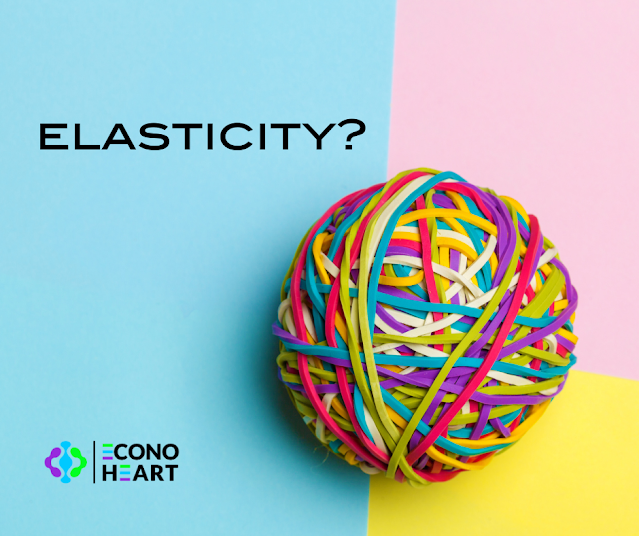Opportunity Cost
Imagine you have some dollars and you want to buy a subscription service with them. You like to buy maybe Netflix or Spotify or anything you wish. For simplicity, let's consider the two options Netflix and Spotify, both which you love to get. But here's the thing: you only have enough dollars to buy one subscription at present time. So, you have to make a choice between either Netflix or Spotify.
The opportunity cost is the one that you didn't choose to buy, the one that you gave up when you decided to buy the other. So, if you choose to buy Netflix, the opportunity cost is Spotify because you can't buy it anymore.
Opportunity cost is the fundamental economic concept of the value of the next best alternative forgone when making a choice. It highlights the inherent trade-offs individuals, businesses, and societies face when allocating scarce resources among competing uses.
When making decisions, there are always multiple options available. But sometimes due to limited resources, only one or few options can be pursued at a given time. The opportunity cost is the value of the alternative option sacrificed or foregone in favor of the chosen option.
Let's illustrate this concept more. Consider a business owner with a limited budget who wants to invest in a new marketing campaign or purchase additional equipment. If the owner decides to invest in the marketing campaign, the opportunity cost would be the benefits or potential returns associated with investing in the equipment.
Opportunity cost is not limited to financial or monetary considerations; it encompasses a broader range of factors such as time, effort, and alternative uses of resources. Someone deciding to pursue a graduate degree full-time must consider the opportunity cost of potential income that is missed during the period of study, as well as the potential career advancements that may have been achieved if he or she had entered the job sector immediately.
Understanding opportunity cost is crucial for making informed decisions in both personal and economic contexts. Such decision-making can assess the relative value and make choices that maximize the overall welfare or desired outcomes. When we make a decision, there are things we can't do or have because we chose something else. Hence it's quite important to think about what we're giving up when we make choices.




Comments
Post a Comment
Share your thoughts!